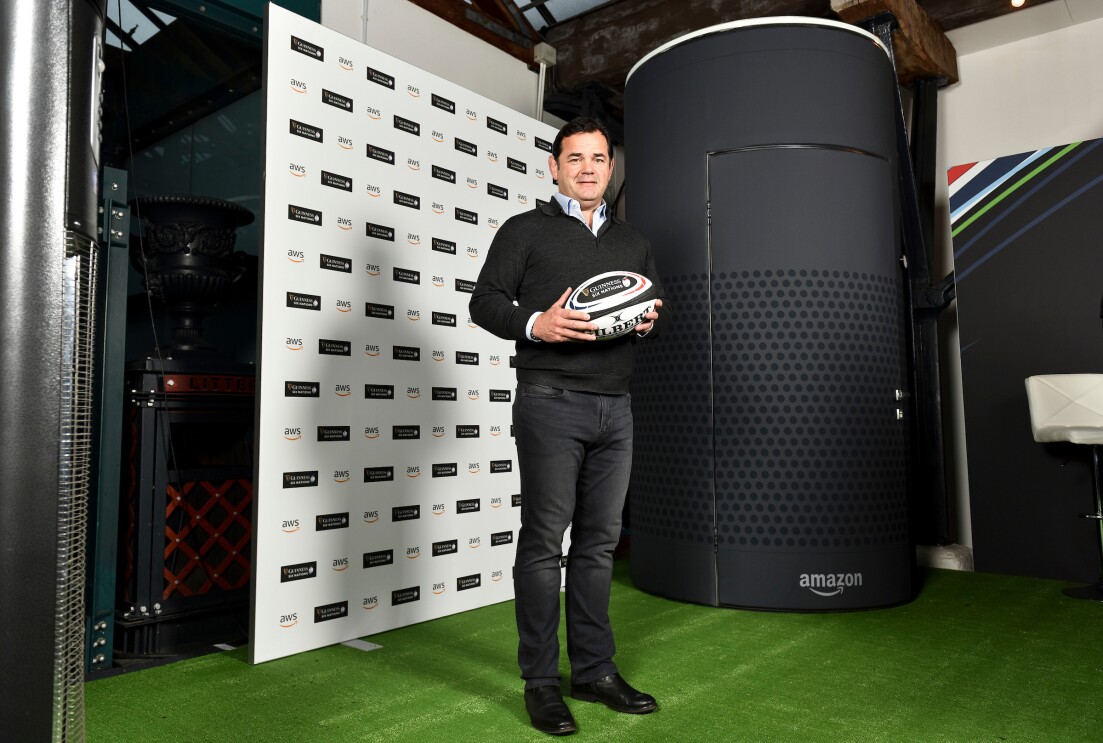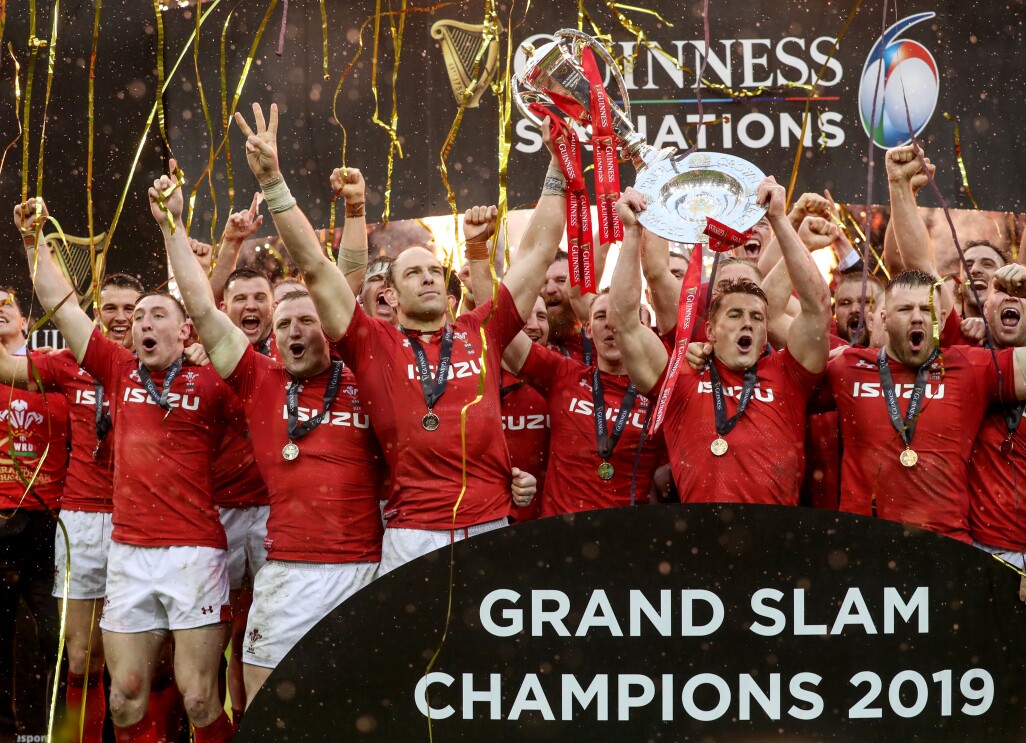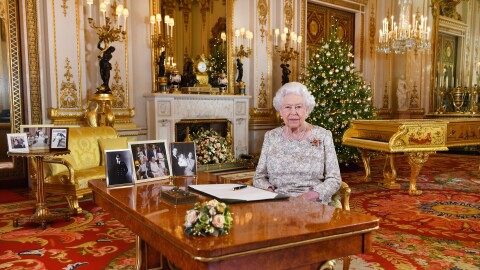It’s a big weekend for rugby fans as the Guinness Six Nations 2020 Championship kicks off, with Wales and Italy going head to head in Cardiff.
Over the next seven weekends, fans watching at home can get even closer to the action thanks to five new real-time rugby statistics launched by Amazon Web Services (AWS) and Guinness Six Nations. Using machine learning, deep learning and data analytics, the new AWS-enabled statistics will revolutionise the viewing experience for rugby fans by providing deeper insight into teams’ attack, defence and overall play.
As players, fans and broadcasters get ready to kick off the Championship, we sat down with former England Rugby captain Will Carling to discuss how technology is changing the way fans experience the game.

What kind of data was available in rugby when you started playing?
Only the points – who was winning and who was losing! It slowly evolved and we had a few stats, such as who had made the most tackles or how many metres someone advanced. And of course, we knew how much players weighed.
We’ve made huge advances since then, even in the past 12 months. In 2019 the stats were informative, but the ones we have just released will provide far more depth. If you look at the new ‘dominant tackles’ stat, we’re not just counting the number of tackles, we’re analysing how many of them actually make a difference. These are genuine insights into what makes a successful or unsuccessful game.
These are genuine insights into what makes a successful or unsuccessful game.
How are the stats improving the viewing experience for fans?
They are real conversation starters. When I watch rugby with my kids today, they’ll be talking about who is making impactful tackles and dominating defence, which team is the most clinical when they get into the 22-metre area, or who is scoring the points.
Those insights are giving fans and players alike more detailed knowledge, providing more context, and encouraging discussion at a deeper level than was ever possible before.
What difference do the stats make for commentators?
They allow commentators to be much more precise in the points they’re making. The stats provide the evidence base to support their comments. They add colour and credibility to help explain what has just happened.
How do you think technology will continue to shape the game?
Even in the next few years there will be more data available on individual players. For example, who’s been most effective at stealing the ball, who’s made the most dominant tackles, who’s beaten the most players? I think new technology will also bring greater focus on players’ emotional wellbeing.

What does this mean for the players?
A big part of it will be getting more insight on what emotional state you are in when you perform at your best. Some players will be very intense, some will be very relaxed. It will be about identifying what that state looks like, and how to get into it for every game.
Beyond rugby, how is technology enhancing sport in general?
Technology is giving fans, players, and coaches ever greater insights into the most successful ways to operate, train and play. But technology alone isn’t enhancing sport. Individual brilliance will always be there. It’s always going to be driven by that one athlete or team that does something completely unexpected. That’s what makes sport brilliant. Technology is helping us understand sport in greater detail, but we should never rely on it alone.
Does rugby require any special skills people might not expect?
You have to be able to have awkward, honest conversations with your teammates. If you want to become a team that performs under pressure on the world stage, you need to develop relationships and build trust. Part of that is communicating how you feel, and the other part is the ability to really listen to others.
How does a team recover from a difficult moment, like England’s loss in the 2019 World Cup Final?
You have to make sure you’re in a frame of mind where you can honestly evaluate what happened. Nobody enjoys the pain of defeat. Our natural instinct is to want to move on and forget about it. But you need to keep that memory to some extent, so it drives you to make sure it doesn’t happen again.
It’s not about apportioning blame to specific players. You need to analyse an array of factors, from what you did in the build-up to your execution on the field. The aim is to learn for the benefit of the team, not to find scapegoats.
Who should we look out for in this year’s Championship?
It will be interesting to see France. I think they’re underestimated and they have some very talented young players. Scotland’s Stuart Hogg is one player I have always admired.
But, you know, I’m biased! Naturally I hope England surprise everyone.
Find out more about how AWS is helping customers and partners to engage their fans, train their teams, and transform the business of sports.











